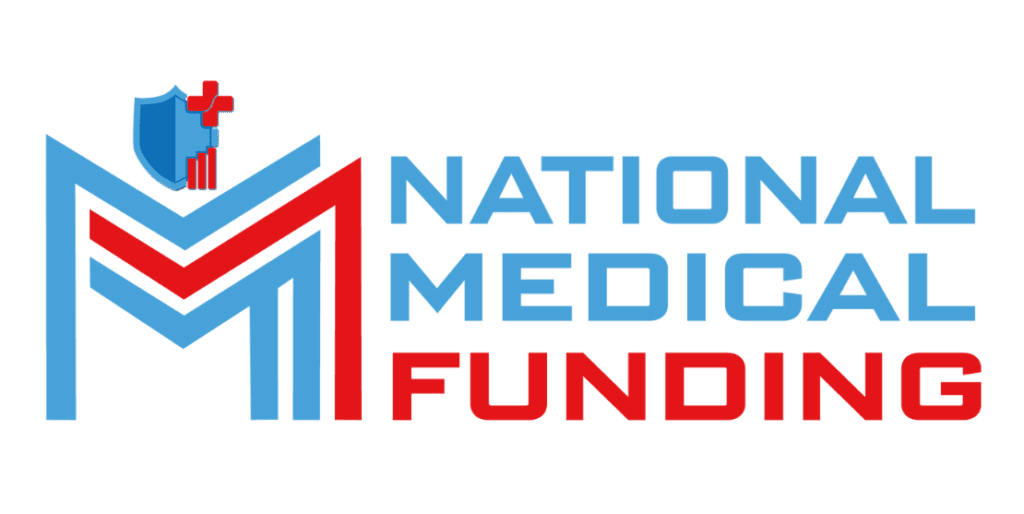
Short-Term Healthcare Loans: A Lifeline for O
In today’s fast-evolving healthcare landscape, clinic...

Saturday and Sunday – CLOSED
support@nationalmedicalfunding.com



Starting your own private healthcare practice is a rewarding journey that combines medical expertise with entrepreneurial ambition. But even with clinical experience, navigating the financial aspects of launching a practice can be overwhelming. From leasing a space to purchasing equipment and hiring staff, the costs add up quickly. That’s where smart healthcare financing solutions come into play.
In this comprehensive guide, we’ll help you understand how to finance your private healthcare practice — step-by-step. From creating your financial blueprint to exploring quick loans, medical practice loans, and leveraging tools like loan calculators, we’ve got you covered.
Owning a private practice offers many benefits:
However, it also means bearing the burden of setup and operations, particularly during the early stages. That’s where effective funding strategies become critical.
Let’s break down the typical costs involved:
Expense Category | Estimated Cost Range |
Clinic Space Leasing | $2,000 – $8,000/month |
Medical Equipment | $50,000 – $200,000+ |
Electronic Health Records (EHR) System | $300 – $1,200/month |
Licensing and Insurance | $5,000 – $15,000 |
Staffing (Initial) | $10,000 – $50,000/month |
Marketing and Branding | $3,000 – $10,000 |
These numbers may vary based on your location, specialty, and business model.
Before you seek funding, understand your costs, revenue projections, and operational plan. Include:
Pro tip: Use a loan duration estimator to determine what your monthly payments might look like.
Most practices need high-cost equipment like imaging machines, examination tables, or EHR systems. Healthcare equipment financing allows you to lease or buy without paying the full cost upfront.
You can read more about smart financing for medical tools in this guide.

Medical practice loans are tailored to healthcare professionals. They can be used for:
Benefits include:
You can apply for these via traditional banks or specialized healthcare finance companies.
Sometimes, delays in funding can stall your plans. That’s where quick loans and loans fast options can save the day. These are:
Important: Always weigh the cost of quick cash against higher interest rates.
Before committing, estimate your repayment obligations. Use tools like our Loan Duration Calculator to understand:
This is key for maintaining a healthy cash flow.
Dr. Kim, a pediatrician, left a hospital job to open a private clinic in suburban Atlanta. She estimated needing $275,000 in startup capital.
Here’s how she funded her practice:
Funding Source | Amount |
SBA Loan | $150,000 |
Equipment Financing | $75,000 |
Personal Savings | $25,000 |
Quick Loan for Staffing | $25,000 |
By combining funding options, she avoided over-borrowing and created a sustainable repayment plan.
Even after launching, financial crises can occur. If patient visits drop, equipment breaks down, or unexpected expenses arise, hardship loans can provide relief.
Learn more about how these work in our detailed blog on hardship loans for healthcare workers.
Cash flow is the lifeblood of any medical business. After securing your funding, ensure your inflow and outflow are balanced.
Here are some practices:
Our article on 7 Smart Cash Flow Tips offers more insights.

Your credit score plays a major role in loan approval and rates.
Work to build your credit profile in the months before applying.
When applying for a loan:
Lenders are more likely to approve well-prepared applications.
Once your practice is stable, consider refinancing to:
This can reduce your monthly payments or overall cost.
Let’s debunk a few common misconceptions:
We specialize in secure finance solutions tailored to healthcare professionals. Whether you’re launching a clinic, upgrading equipment, or managing cash flow, we provide:
Visit our Healthcare Loan Hub to explore your options.
Starting a private healthcare practice is an exciting milestone. With the right healthcare financing strategy, you can turn your dream into a thriving clinic that serves your community.
From quick loans to equipment financing and beyond, National Medical Funding is here to guide and support you every step of the way.
Need help choosing the right path? Let’s talk today.
In today’s fast-evolving healthcare landscape, clinic...
Starting or expanding a medical practice in today’s h...

Fuel your medical practice’s growth with financial solutions tailored to your needs. We’re here to support independent practitioners and group practices with strategies built for success.


Mon Fri: 8:00am – 6:00pm
Saturday: Closed
Sunday: Closed
Copyright © 2025 National Medical Funding